By the Numbers

Atlanta saw a drop in bidding wars with 26% of Redfin offers in January compared to 34.8% in December 2020.

The study dispels a long-held belief that nearby homes lose value once low-income housing is built in an area.
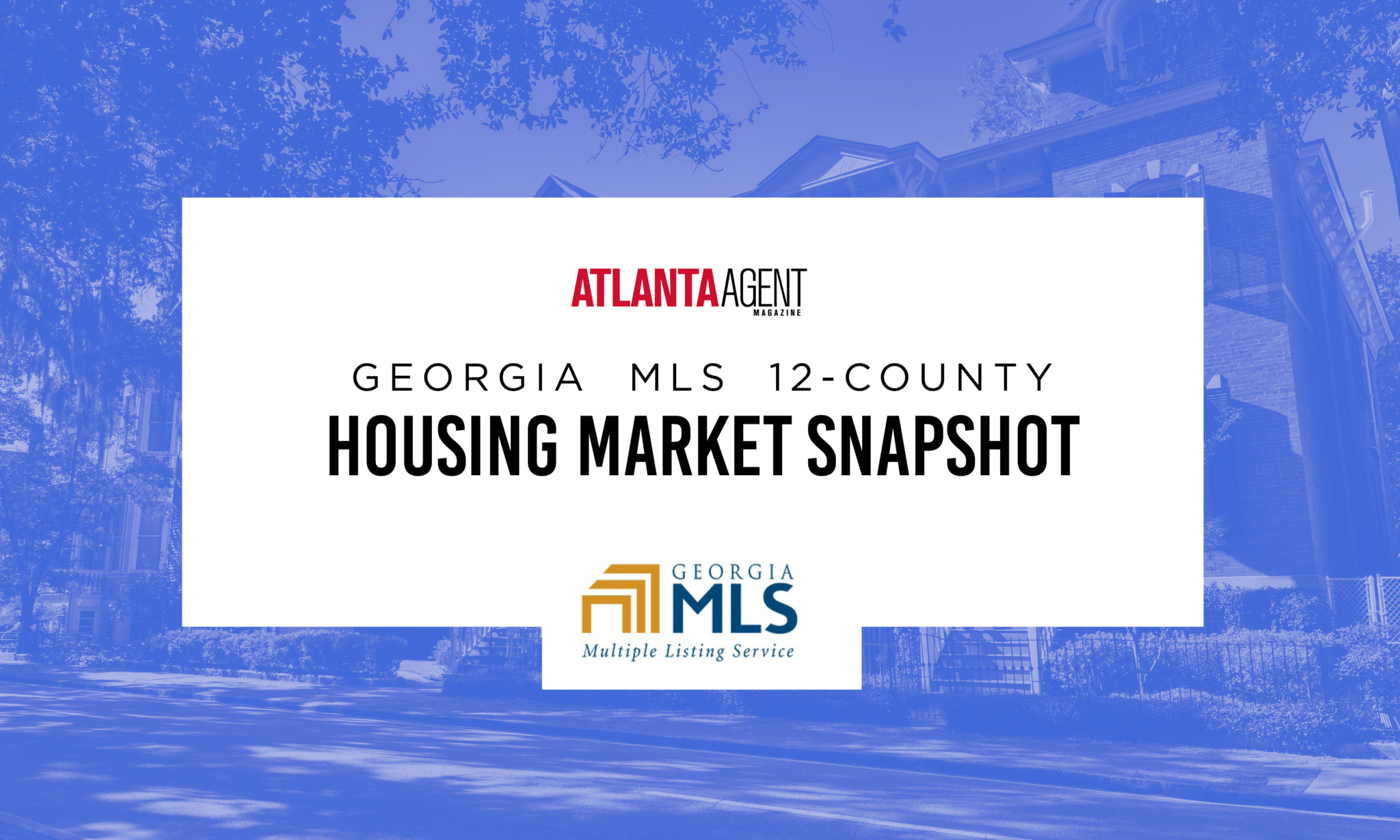
The Atlanta metro area continued to see a healthy pace of home sales in January despite dwindling inventory, Georgia MLS said in its Housing Snapshot.

After a bumpy start to 2020, Georgia’s housing market shrugged off much of the initial pandemic-related disruptions to post a solid finish to the year, with major indicators pointing to strong demand and tight supply, according to the Georgia Association of Realtors’ annual report.
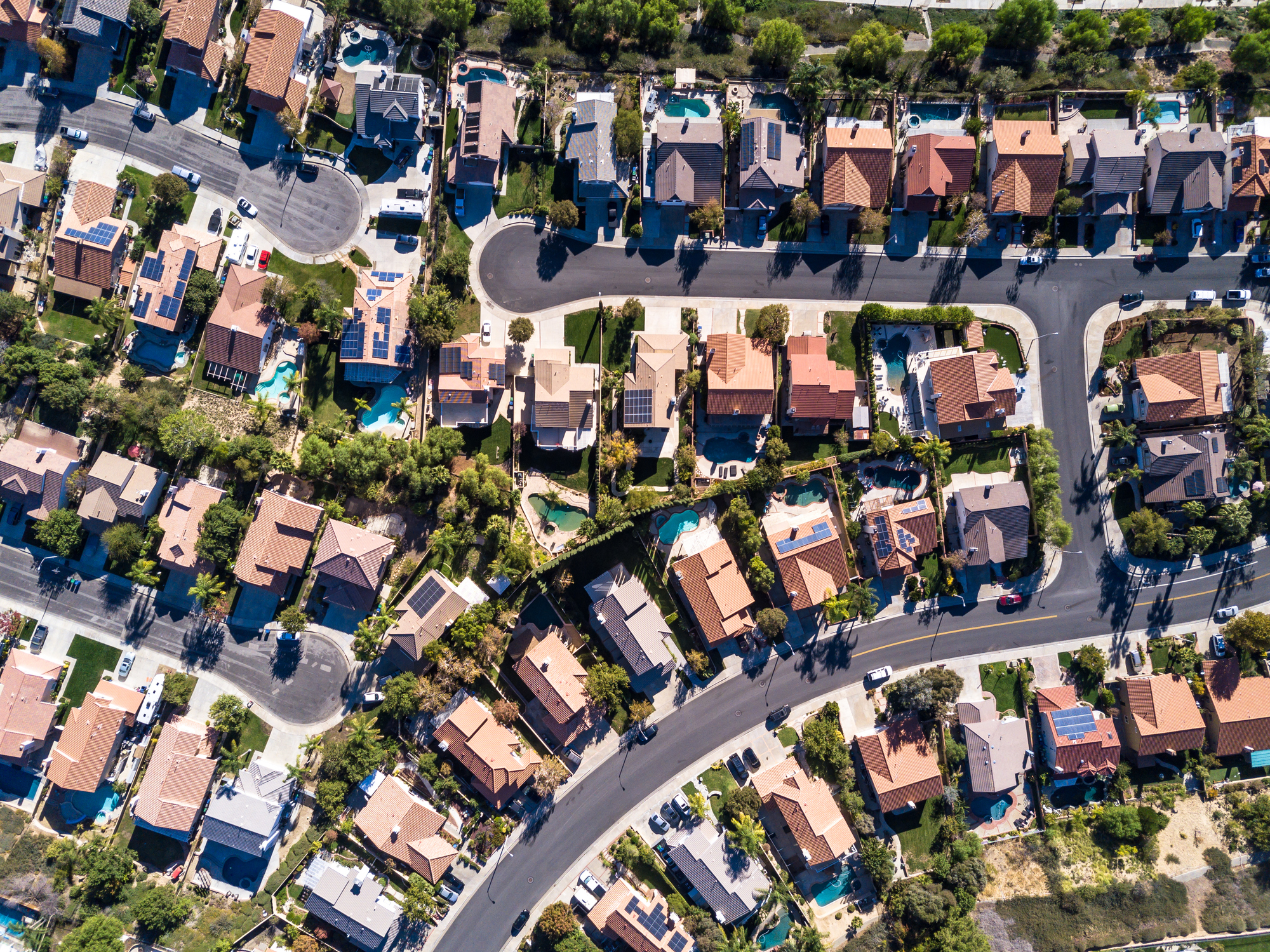
The trend of purchasing a second home has sent home prices in seasonal towns skyrocketing in value by 19% for the year ending December 2020.

Fence-sitters thinking of buying a home beware, says a new study from Zillow, which notes that waiting could mean a much higher mortgage payment down the road.

“Homeowners will see the value of their homes rise, but first-time homebuyers will face tougher competition from out-of-towners with big budgets.” — Daryl Fairweather, Redfin chief economist
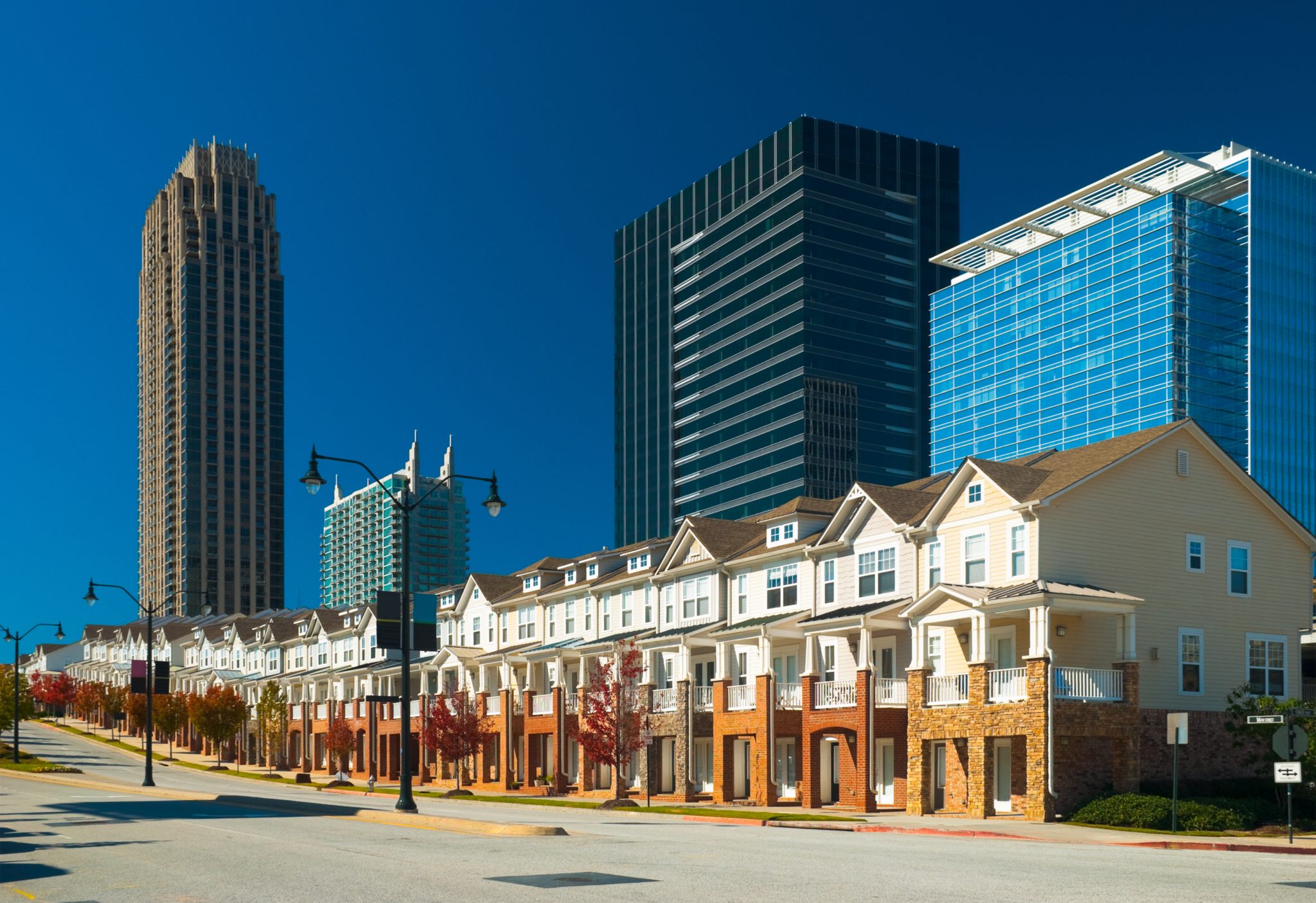
It was the 5th best month of the year and outperformed most of 2019.

“Historically low-interest rates, a shortage of new housing inventory and limited new construction have contributed to rising home prices nationwide.” — Don Ganguly, senior vice president of Mynd Investor Services

Think December is a slowdown month for home sales? Well, don’t let Georgians know because residential sales climbed 5.8% from the previous month statewide
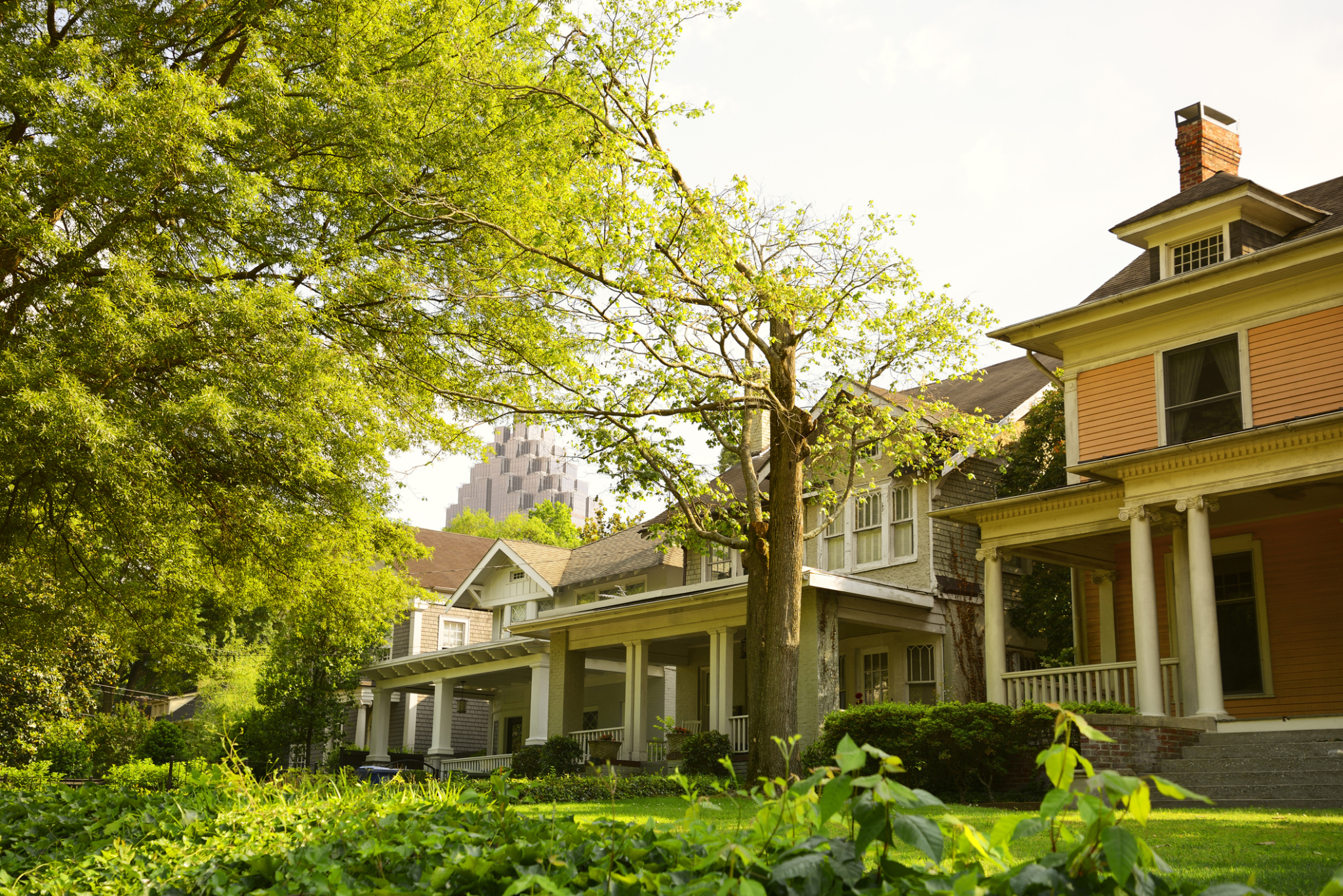
There was a stark contrast between single-family home sales and condo sales, along with properties under $199,000, according to the report.

New home closings dropped during October after going up during the months of June and July.
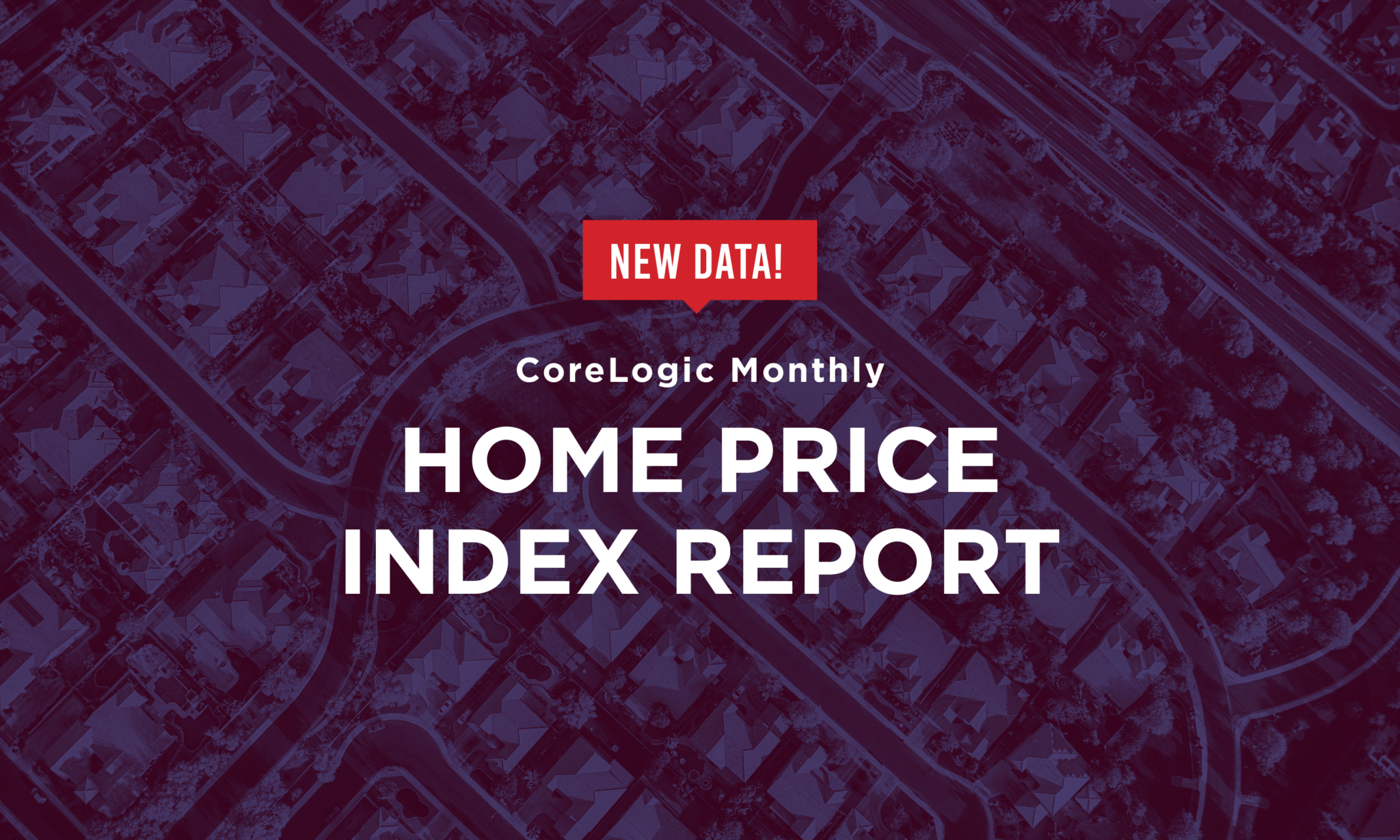
Home construction continued to surge across the nation, which reflected the projection that new homes will help moderate price growth over the next 12 months.

Where do you think the priciest zip codes are in the Atlanta metro area?
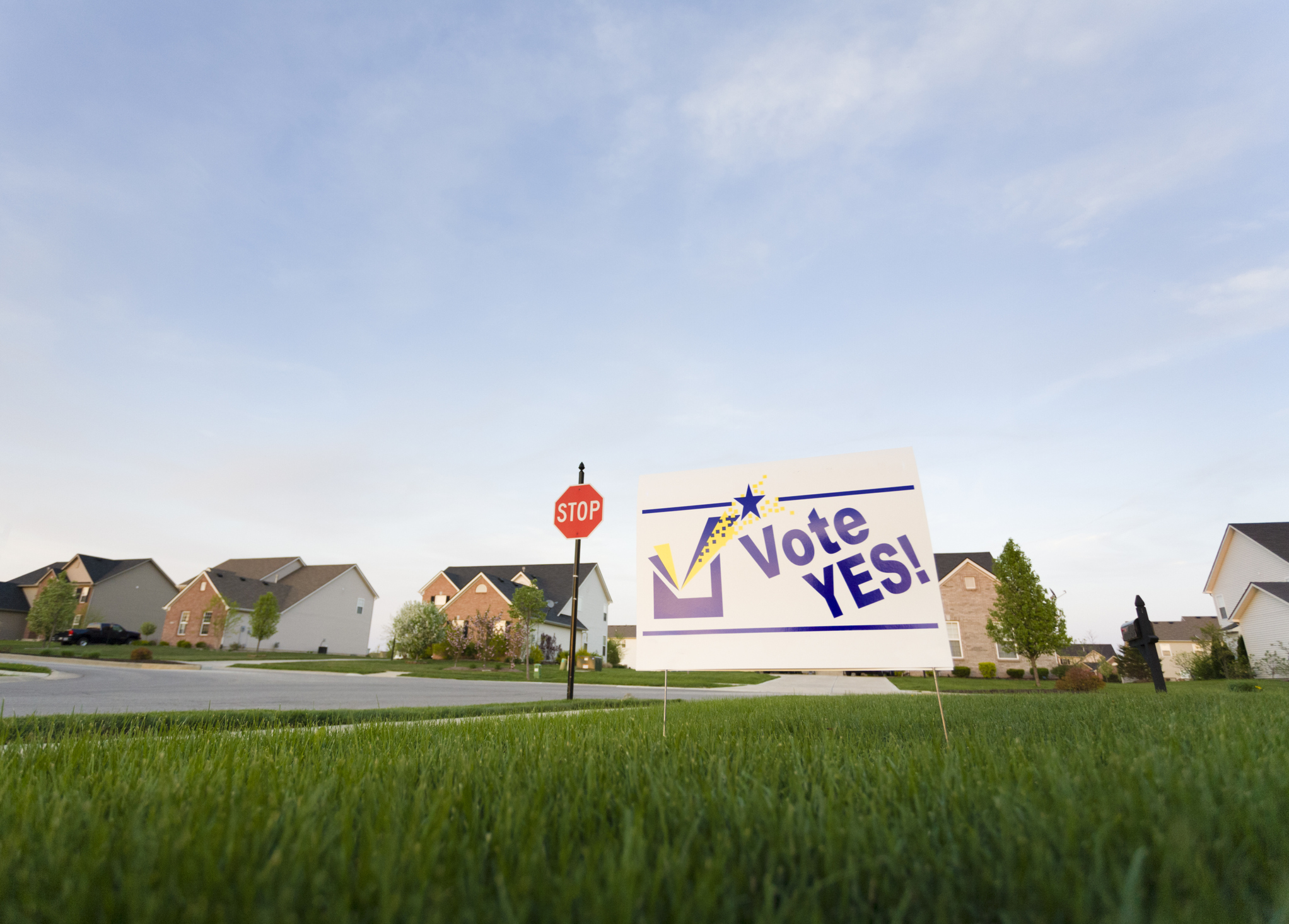
While home sales continued to evade the seasonal decline, buyers and sellers took a breather last week as COVID-19 cases spiked and the nation focused on the presidential election, according to realtor.com’s Weekly Housing Report.

It was a good October for Georgia home sales. Check out Georgia MLS’s October 12-County Housing Market Snapshot report.
